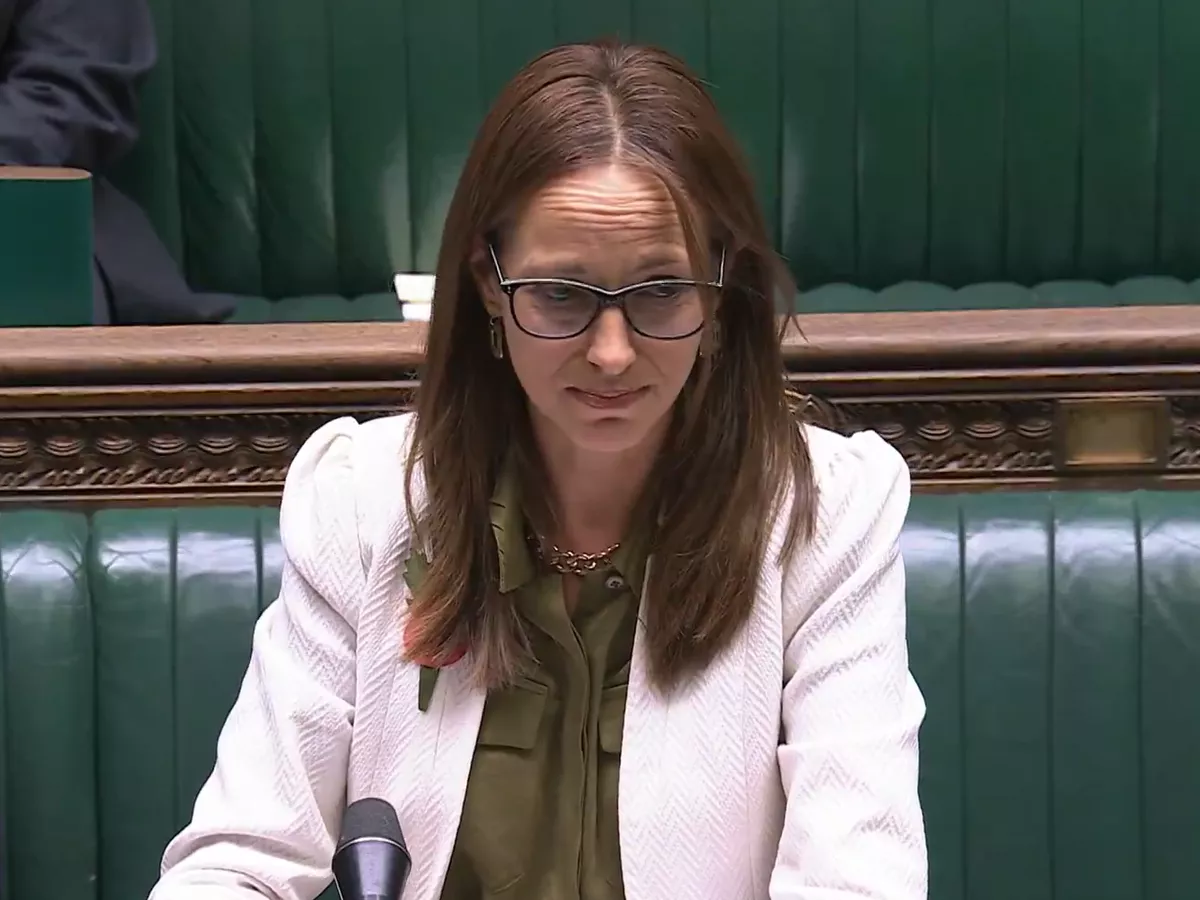Copyright mirror

Calls have been made in Parliament for a massive cut to the Motability scheme with suggestions that it is cut for anyone with conditions such as ADHD and tennis elbow. In a debate in the Commons called by the Conservatives on welfare spending, Helen Whately, Shadow Secretary of State for Work and Pensions , focused on a number of issues including restricting benefits for non UK citizens and keeping the two child cap. The Motability scheme allows personal independence payment claimants with severe mobility issues to lease a new vehicle, provided they receive the higher mobility rate of the benefit. There are growing fears that Chancellor Rachel Reeves may target the Motability scheme in her November Budget , a move that has sparked criticism due to its potential cost implications. Reports suggest that VAT could be imposed on all new cars, potentially adding around £3,000 to the price of even the most affordable vehicles, according to Motability. In the UK, it is estimated that the scheme cost taxpayers £2.8 billion last year, with one in five new cars registered through the scheme. Data also revealed an 80 per cent increase in enhanced rate personal independence payment ( PIP ) mobility claims, largely driven by mental health-related claims. In the debate Tories called for cuts to Motability, potentially excluding everyone apart from those with 'serious disabilities' and 'put an end to taxpayer-funded cars for people who have conditions like ADHD and tennis elbow'. Ms Whateley, proposing the motion said: “That this House regrets the failure of the Government to get people off welfare and into work; believes that reforming the welfare system is a moral mission; and therefore calls on the Government to take urgent action to fix Britain’s welfare system by restricting welfare for non-UK citizens, stopping benefits for those with lower-level mental health conditions, increasing the number of face-to-face assessments, reforming the Motability Scheme so that only those with serious disabilities qualify for a vehicle, and retaining the two-child benefit cap, to get people into employment and build a stronger economy. “The Conservatives have set out our common-sense proposals to start fixing the welfare system. We would stop sickness benefits for people with lower-level mental health conditions like anxiety and reform Motability, putting an end to taxpayer-funded cars for people who have conditions like ADHD and tennis elbow. We would bring back face-to-face assessments, which are going down under this Labour Government, and change the sick note system so that it does not just funnel people out of the office and on to benefits.” Tory Rebecca Smith added: “We must increase face-to-face assessments for disability benefits. Since the covid-19 restrictions, the number of face-to-face assessments has tanked, with 90% now happening over the phone. This is unacceptable, and has opened the door to so-called sickfluencers, who are coaching people online on the right words to say to get the maximum amount of benefit. Insisting on in-person appointments will mitigate this issue. With the Chancellor now beginning to blame covid for the economic challenges she faces, other Departments should be free to acknowledge the same and crack on with changing things back—in this case, to in-person assessments. “We must reform the Motability scheme so that only those with serious disabilities qualify for a vehicle. Motability is a lifeline for those with serious mobility issues, yet under Labour, Motability costs have surged by almost 10%.” In reply Andrew Western Parliamentary Under-Secretary (Department for Work and Pensions) dismissed the question and quoted: “‘“reforming the Motability Scheme so that only those with serious disabilities qualify for a vehicle’. Again, what is a “serious” disability? It is impossible to know from the text of the motion, or indeed from any of the speeches made.“ He added: “I fundamentally disagree with the shadow Secretary of State’s analysis, because the personal independence payment is an enabler of work for many people. It is there to meet the additional costs of disability and help disabled people with day-to-day living costs, and it helps many of them get to and from the workplace. She talked about the trajectory of welfare spend, but who set us on that trajectory? We heard that covid was to blame, yet 2022, 2023 and the first half of 2024 were not the ideal time to begin addressing the issue. Funnily enough, that ideal time was from July 2024. The Conservatives are running from their record, and they are right to do so. “We heard that the number of face-to-face assessments is too low. I absolutely agree that the number of face-to-face assessments needs to increase, but the shadow Secretary of State would do well to remember that the contracts we are signed up to were signed by the Conservatives, and they commit the contractors to 20% of assessments being face-to-face. This is the problem.” The government has said it will not comment on speculation about what might be contained in the budget. To view the debate click here .



